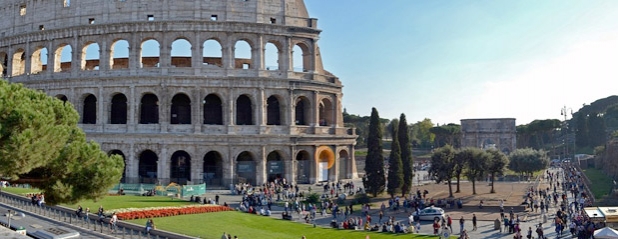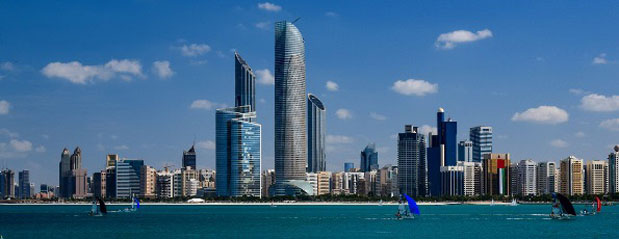IT Jobs in Italy

When it comes to fine wine, the latest fashion and exquisite cuisine, Italy certainly comes to mind. Italy is also known for it's terrific landscapes, rich artistry and beautiful architecture, but what about it’s working lifestyle?
We have a variety of IT jobs in Italy advertised on Technojobs so to view our latest vacancies click here.
Working in Italy
As both the UK and Italy are members of the European Union you wouldn’t require a visa to find work in Italy but you will require a 'codice fiscal' which is the equivalent of National Insurance Number. However, any national expatriate from outside the EU will require a work permit to work in Italy. IT jobs in Italy are usually found in the major cities, mainly Rome and Milan and include roles from project managers to programmers. Italian is the official language of business and you would be expected to know or be fluent in the language if you were to work in Italy.
Family owned businesses are very common in Italy. From smaller enterprises to major cooperation’s, family owned businesses make up much of the economy. This doesn't mean you need to be related to get a job but it’s more about the culture and family orientated lifestyle that Italy is well known for. Italian businesses tend to be more favourable towards qualifications then experience so having one or two degrees could be an important advantage to finding employment.
The employment opportunities in Italy can vary so it is recommended you find a job before moving to Italy, unless you have the funds to accommodate yourself whilst you find employment. Levels of unemployment have been a known factor in Italy since the global economic crisis and there is always a lot of competition for jobs.
Living in Italy
Like any country, moving to Italy is a big decision and not to be undertaken lightly. Italy has a lot of cultural differences and certain areas have limited English speakers. You’re most likely to find IT jobs in the popular cities of Italy including Rome, Milan, Florence and Venice which all boast terrific night life, delightful architecture and sociable inhabitants.
As for finding a place to live in Italy, this can often be a challenge due to the shortage of accommodation in many of Italy’s cities and towns so it might be wise to budget for a hotel until you find somewhere suitable. Other economic options are paying a host family to be a guest or finding a flat-share, if you don’t mind staying with strangers that is.
As vibrant and rich as the local culture may be, the climate can certainly vary. Italy is divided into three regions: the Po Valley, the Alps, and the south (including any nearby islands) which means Italy has diverse and inconsistent weather patterns throughout. Whereas Po Valleys and the Alps experience cold to extreme winters, the southern region and neighbouring islands has a warmer, more Mediterranean climate.
Most contractors and freelances workers tend to work remotely in Italy due to its attractive lifestyle and scenic beauty. Those in web design and programming tend to relocate for this reason.
Tax and Rates
The personal income tax in Italy can be as much as 43% for high earners. Individual income tax is called Imposta sul Reddito delle Persone Fisiche, or IRPEF which has rates that range from 23% to 43%. Italy’s law for its tax system is based on five taxes:
- Imposta sul reddito (income tax)
- Imposta sulle società (corporate tax)
- Imposta sul valore aggiunto (VAT or sales tax)
- Imposta sui servizi (tax on services);
- Accise (excises)
Foreign residents working in Italy are only taxed on the income earned in Italy.
If you’re a foreign resident working in Italy, you’re only taxed on the income earned in Italy. However, if you’re an Italian resident, spend more than 183 days a year in Italy, and your “center of economic interest” (i.e. your business and investments) is in Italy, your worldwide income is subject to IRPEF.




